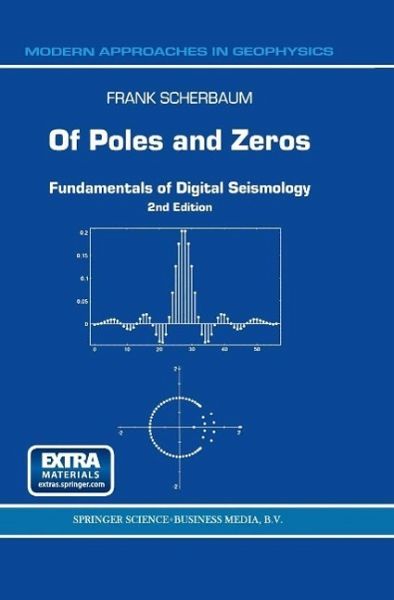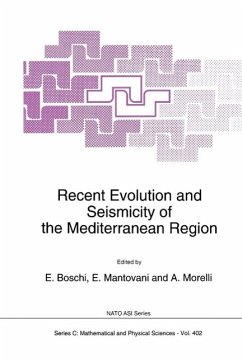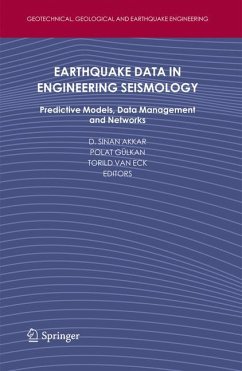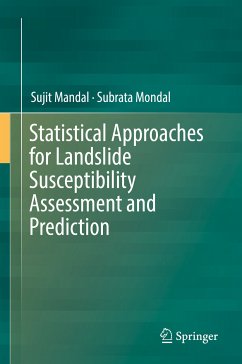
Of Poles and Zeros (eBook, PDF)
Fundamentals of Digital Seismology
Versandkostenfrei!
Sofort per Download lieferbar
72,95 €
inkl. MwSt.
Weitere Ausgaben:

PAYBACK Punkte
36 °P sammeln!
Digital signal processing has become an integral part of observational seismology. Seismic waveforms and the parameters commonly extracted from them are strongly influenced by the effects of numerous filters, both within the earth and within the recording system. With the advent of numerous software tools for the processing of digital seismograms, seismologists have unprecedented power in extracting information from seismic records. These tools are often based on sophisticated theoretical aspects of digital signal processing which, to be used properly, need to be understood. This book is aimed...
Digital signal processing has become an integral part of observational seismology. Seismic waveforms and the parameters commonly extracted from them are strongly influenced by the effects of numerous filters, both within the earth and within the recording system. With the advent of numerous software tools for the processing of digital seismograms, seismologists have unprecedented power in extracting information from seismic records. These tools are often based on sophisticated theoretical aspects of digital signal processing which, to be used properly, need to be understood. This book is aimed at observational seismologists and students in geophysics trying to obtain a basic understanding of those aspects of digital signal processing that are relevant to the interpretation of seismograms. It covers the basic theory of linear systems, the design and analysis of simple digital filters, the effect of sampling and A/D conversion, the calculation of 'true ground motion', and the effects of seismic recording systems on parameters extracted from digital seismograms. It contains numerous examples and exercises together with their solutions.
The second edition contains the Digital Seismology Tutor by Elke Schmidtke (University of Potsdam) and Frank Scherbaum, a Java applet with all the tools to reproduce and/or modify the examples and problems from this book as well as a treatment of sigma-delta modulation with new problems and exercises.
The second edition contains the Digital Seismology Tutor by Elke Schmidtke (University of Potsdam) and Frank Scherbaum, a Java applet with all the tools to reproduce and/or modify the examples and problems from this book as well as a treatment of sigma-delta modulation with new problems and exercises.
Dieser Download kann aus rechtlichen Gründen nur mit Rechnungsadresse in A, B, BG, CY, CZ, D, DK, EW, E, FIN, F, GR, HR, H, IRL, I, LT, L, LR, M, NL, PL, P, R, S, SLO, SK ausgeliefert werden.












